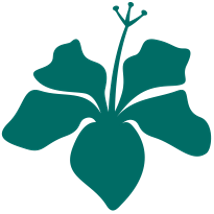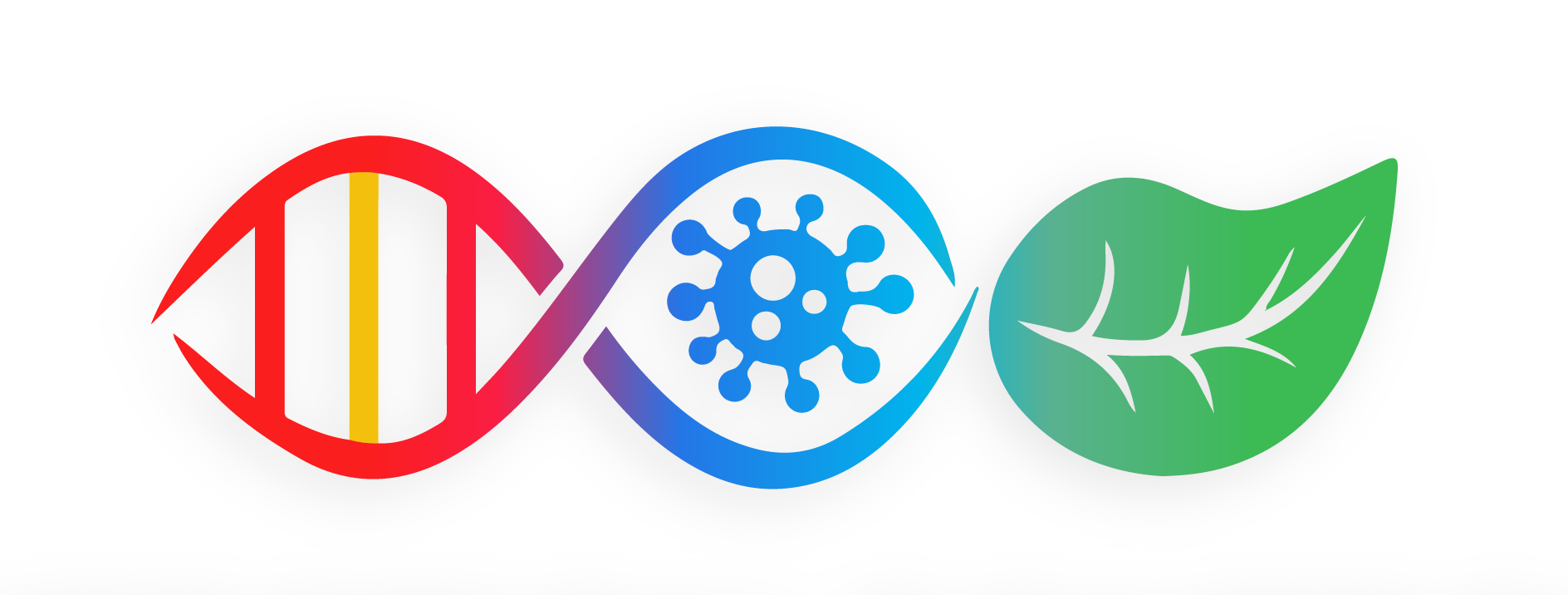
- Teacher: Dagmar Hann
- Teacher: Katarzyna Parys
- Teacher: Chloé Cathebras
- Teacher: Tora Fougner-Økland
- Teacher: Martin Parniske
Bored of yet another journal club? Do you like arts and creative formats? Do you want to learn how to communicate science to the public? Then this is your seminar! This seminar deals with challenges, developments, and possible solutions to aspects of sustainable food production from a quantitative biology perspective. The results of our joint research will be presented in the format of a science slam (after several rounds of training and a formal introduction to “science slams”).

- Teacher: Chloé Cathebras
- Teacher: Dagmar Hann
Please sign up for the lecture by self enrollment using the enrollment key "SDGs".
This lecture will be a flipped class room interactive lecture. The red threat of the lecture are the Sustainable Development Goals of the United Nations with a focus on plant-microbe interactions. Every lecture is composed of iterated units that follow this scheme:

The lecture series will be opened on Monday, 20th of April. Every other Monday, the next lecture will follow.
Bests, LMU Genetics

- Teacher: Martin Parniske
This seminar is open
for master and Phd students from the 2nd Master semester onwards. The seminar is an interdisciplinary seminar.
This seminar will be held in presence from 23.05. - 25.05. in room B02.015 (with a preparation meeting in May).
On each seminar day 2-5 students will present 15 minutes presentations followed by a common discussion. The publications are available online (here in moodle). The students will be assigned to their topics after the signing in period. If needed, each presentation and discussion will be followed by a short lecture (10 minutes given by the lecturer) summarizing again the most noteworthy points.
We have got used to the fact that we
can sequence (and meanwhile also manipulate) genomes. But how is a genome actually decoded - and how do you make sense of a "sequenced
genome"? This seminar discusses genomic methods
that explain how these technologies work and how they can be used to support
genetic studies.
Day 1: “What are genomic technologies?”. What are short reads and what are long reads? What can we do with them? How do we reconstruct genomes?
Day 2: "How can we use genomics to find causal mutations". We will look at genetic-mapping-by-sequencing.
Day 3: "The more surprising a result seems to be, the less likely it is to be true". We will be detectives and follow a genomic study that published wrong interpretations of their data and dig into scientific literature to see how this was corrected by the community.
Skills
At the end of the courses, students will be able to:
- Unterstand latest genomic technologies including the pros and cons
- Understand how genome sequencing can be used to find causal mutations
- Prepare and plan a genome sequencing experiment
- Know how to identify unreliably data in literature
Workload
Preparation for seminars: 4 h x 11 = 44 h
Seminar attendance: 6 h x 3 = 18 h
Preparation of presentation: 28 h

- Teacher: Manish Goel
- Teacher: Finni Häußler
- Teacher: Korbinian Schneeberger
- Teacher: Sergio Tusso Gomez
- Teacher: Raúl Wijfjes
- Teacher: Claude Becker
- Teacher: Dagmar Hann
Practical course Plant Innate Immunity June 24th through July 04th
This combined practical course and seminar will be delivered in-person.
The course "Plant Innate Immunity" will address two important biological questions:
1) What is the genetic distribution of MAMP recognition systems across the plant kingdom? And what are the genetic components of plant immunity that can be utilised in agriculture?
2) What are the genetic components of pattern-triggered immunity (PTI) missing in mutants of the model system A. thaliana? And what are the genetic components pathogens use to suppress plant immunity?

- Teacher: Silke Robatzek
- Teacher: Katarzyna Rybak
- Teacher: Constance Tisserant
Seminar How to enGENeer plant immunity
Over the past decades, significant progress has been made in understanding the molecular mechanisms that govern plant immunity. Researchers have uncovered key immune receptors, signaling pathways, and defense molecules that enable plants to recognize and respond to pathogens. However, many crop varieties initially bred for resistance to specific pathogens have lost their genetic protection over time, making them increasingly vulnerable to disease outbreaks. This highlights the urgent need for innovative approaches to enhance and sustain plant immunity.
In this seminar, we will explore how cutting-edge strategies can translate fundamental knowledge into practical solutions for engineering disease-resistant crops. Topics will include boosting plant immune responses, expanding immune receptor repertoires, and deleting susceptibility genes to enhance resilience against pathogens. Understanding, presenting and discussing the most recent research is used to gain knowledge on the state-of-the-art methodologies and recent theoretical perspective of engineering plant immunity.
The seminar requires that students select one topic and present it to all students in the form of an oral presentation and moderate the subsequent discussion. A key literature publication is selected by the student, which should be presented in detail together with additional relevant literature for background knowledge.
The selected key literature must be read by all participants. All students have to be prepared for each topic with at least two questions and actively contribute to the discussion. Credits depend on attendance to the seminar and active participation is required.
Our seminar wrap-up will focus on the Top unanswered questions in the field of plant-microbe interactions. Please identify your main unanswered question and why you think this should be addressed in future studies. We will discuss each question and identify our Top 1!
A basis for this seminar is the lecture "Plant Innate Immunity".

- Teacher: Silke Robatzek
- Teacher: Katarzyna Rybak
- Teacher: Constance Tisserant
Lecture Plant Innate Immunity Mondays from April 28th through July 21st.
The aim of this lecture is
the comparative elucidation of molecular principles that enable eukaryotic host
cells to control microbial infections. We will discuss everything from genetic
aspects of pattern evolution to structural aspects in receptor-ligand binding
to biochemical aspects of kinase signalling that all contribute to host
adaptation and are key for immunity. While we focus on plant-microbe
interactions, you will see that there are common principles that have evolved
in most eukaryotic systems.
Skills
- Explain concepts and prime examples of the plant immune system, both in principle and theory.
- Demonstrate a genetic, molecular, biochemical and cell biology understanding of plant-microbe interactions.
- Discuss current knowledge and apply critical thinking to plant health and infectious diseases.

- Teacher: Silke Robatzek
- Teacher: Katarzyna Rybak
- Teacher: Constance Tisserant